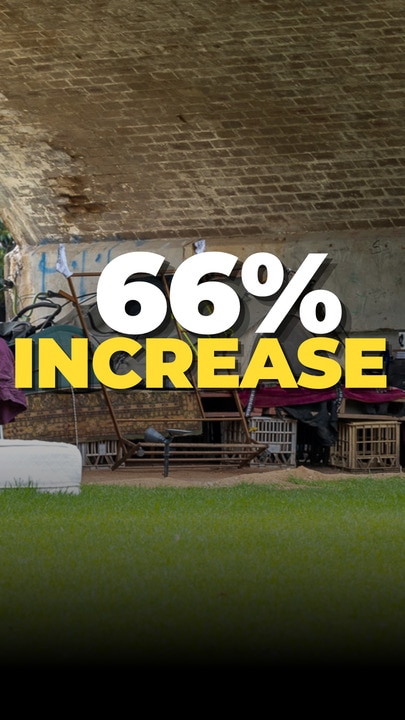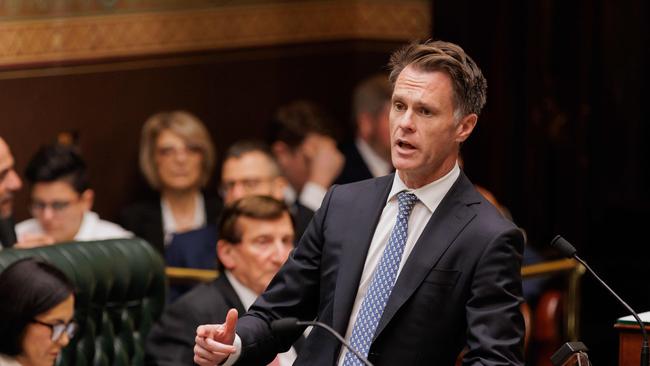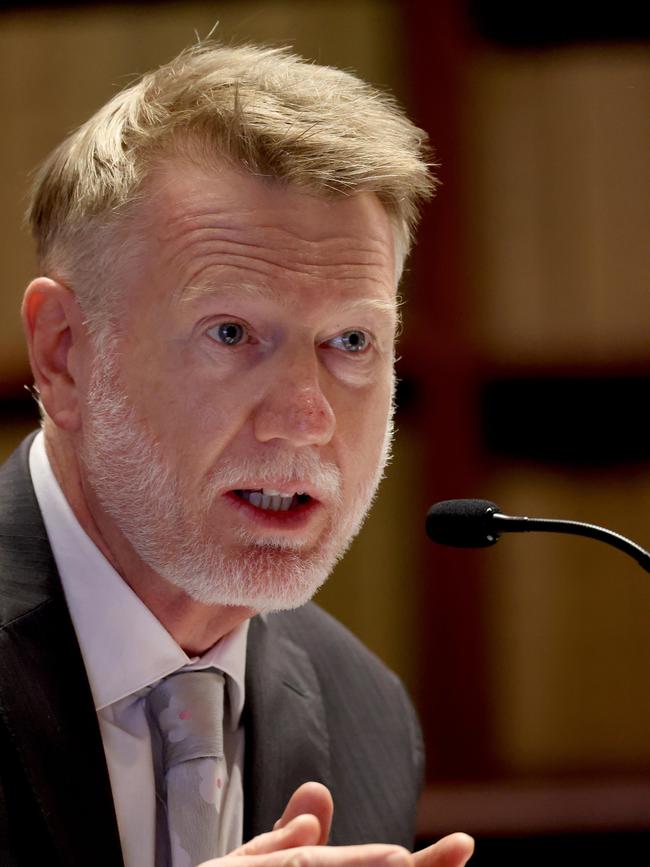FIFO public servants made to come back to NSW
NSW public servants living in other states without a good reason will be made to come back to the state and will no longer be allowed taxpayer funded travel to their offices.

News
Don't miss out on the headlines from News. Followed categories will be added to My News.
NSW public servants living in other states without a good reason will be made to come back to the state and will no longer be allowed taxpayer funded travel to their offices.
This comes after The Daily Telegraph revealed that more than 7400 public servants were living interstate or overseas, with some senior executives receiving taxpayer-funded fly in, fly out perks to travel to Sydney from other states.
In response Premier Chris Minns said the government would look at all interstate working arrangements.
In a letter sent on Tuesday afternoon to all NSW department heads and seen by the Telegraph, Premier’s Department secretary Simon Draper demanded each department provide a rationale for any working arrangements where bureaucrats work interstate or offshore.
“It is an expectation that NSW Government employees reside in NSW, except for employees who live in border towns or are assigned to work in approved NSW Government offices overseas,” Mr Draper said in the letter.

In circumstances where department heads approve staff working outside of NSW, it can only be for “defined periods” in “exceptional” circumstances and for “well documented reasons”.
“Where approved, it is expected that an employee will cover any costs of attending their workplace in NSW,” the letter detailed.
Public servants whose arrangements don’t fit the criteria will be required to come back to NSW, in order to keep their jobs.
Department secretaries across government have been put on notice to provide details of any interstate or offshore staff to the Premier’s department by April 4. This will include reasons as to why they have been given permission to continue those working arrangements. They will also be required to provide details on what strategies have been put in place to manage those arrangements.

The government moved to end working from home in August last year, ordering public servants back to the office a minimum of three days per week. Although each department was given time to implement the edict in ways that best fit their workplaces, many interstate WFH arrangements have stayed in place.
Premier Chris Minns last month said there were some public servants who legitimately lived in border towns or had to care for an unwell family member.
“While my expectation is that this is the exception not the rule, clearly some people are taking NSW taxpayers for a ride,” he said at the time.



